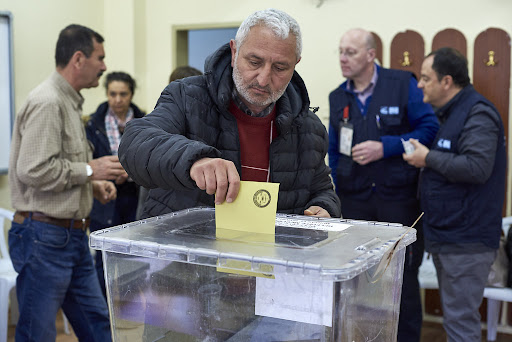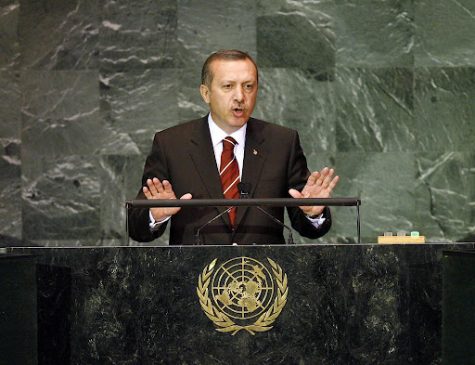The Election for Global Democracy

May 14, 2023
This year’s Turkish 2023 election is of immense national and international importance. As Turkey celebrates its centenary, the election is a pivotal moment for the country’s democratic development and global role.
As the election heads to a runoff from the lack of a majority vote, the candidates will face each-other on May 28th to permanently decide the outcome. A runoff would also exclude third party candidates from the initial election.
Domestically, the election will shape Turkey’s future trajectory, with potential consequences for the country’s democratic values and socio-economic progress. Turkey’s recent history has been marked by challenges to its democratic institutions, including the erosion of press freedom, the persecution of opposition figures, and the politicization of the judiciary. Leading this ‘erosion’ is the far-right president, Tayyip Erdogan. The election, featuring a united coalition against Erdogan, presents an opportunity for Turkey to reaffirm its commitment to democracy, human rights, and the rule of law.

Currently, Turkey faces significant economic challenges, including high inflation, rising unemployment, and a widening income gap. The next, post-election government, will need to implement sound economic policies to address these issues, and ensure the country’s long-term stability and prosperity.
Internationally, the election has implications for Turkey’s role in regional and global affairs. Being a key player in the Middle East, its proximity to Syria and its hosting of millions of Syrian refugees is imperative to global economic prosperity. Turkey’s relations with its neighbors, including Iran and Iraq, will also be impacted by the election outcome.
Beyond the Middle East and Mediterranean South, Turkey’s relationship with the European Union and the United States will be under scrutiny. Turkey’s bid to join the EU has been stalled for years, and its recent actions, including its threat of incursion into northern Syria by Erdogan, have led to strained relations with NATO partners. The election presents an opportunity for Turkey to reset its foreign policy and engage constructively with the international community. After all, Turkey’s strategic location and military capabilities make it a key player in global security affairs. Turkey has been an important NATO ally for decades, and has played an active role in peacekeeping missions in the Balkans and Afghanistan. The outcome of the election will have significant implications for Turkey’s role in these areas.
Given the national and international importance of the election, it is essential that the process is conducted in a free, fair, and transparent manner. All political parties and candidates must have equal opportunities to campaign, and the media and civil society must be allowed to operate freely. International observers, as done in years past by the UN, should be invited to monitor the election to ensure that it meets international standards of fairness and equity.
This election is a critical moment for the country’s democratic and economic development, as well as its regional and global role. The outcome of the election will have significant implications for Turkey’s future trajectory and its relations with its neighbors and international partners; it will be telling of the standing of Democracy on today’s global stage.

